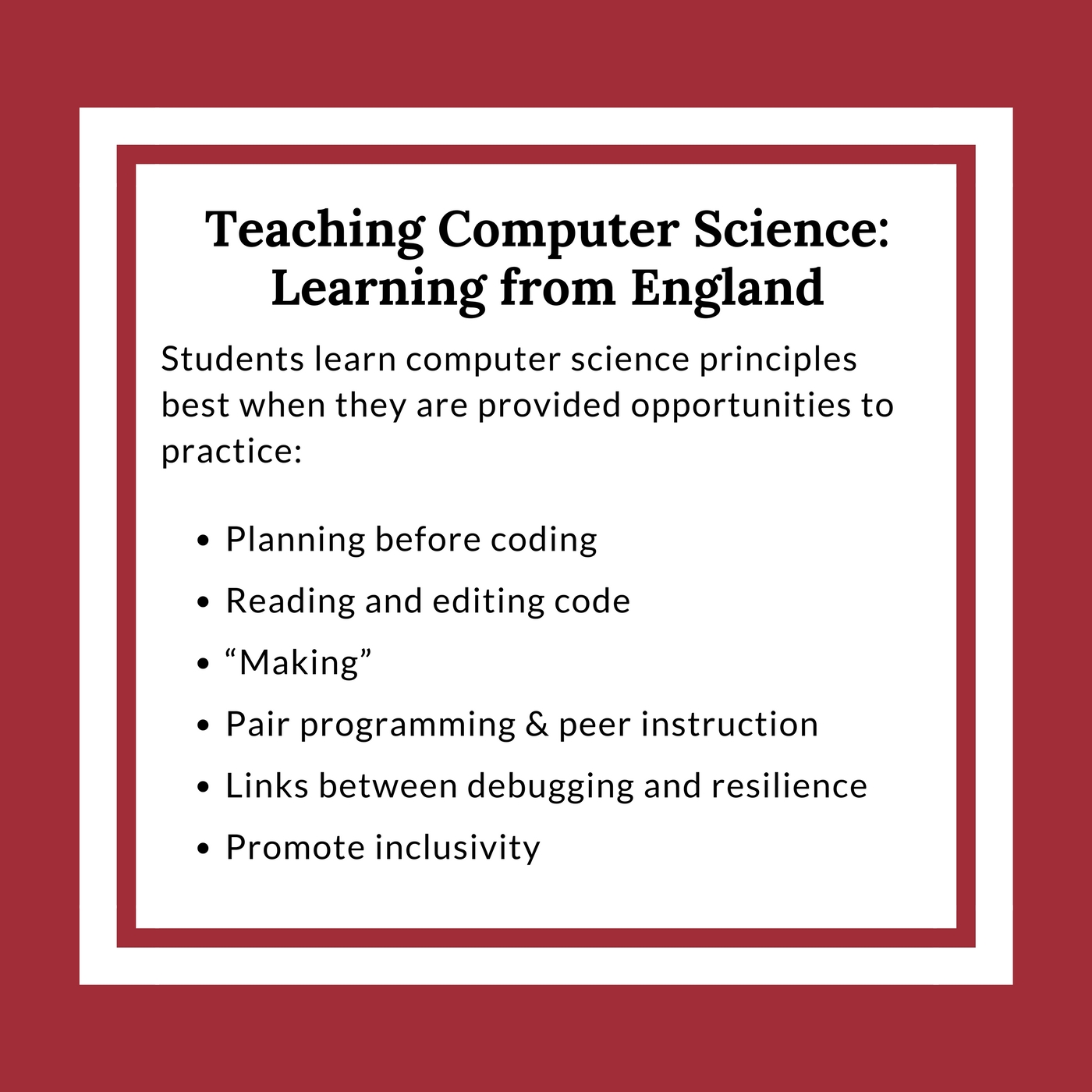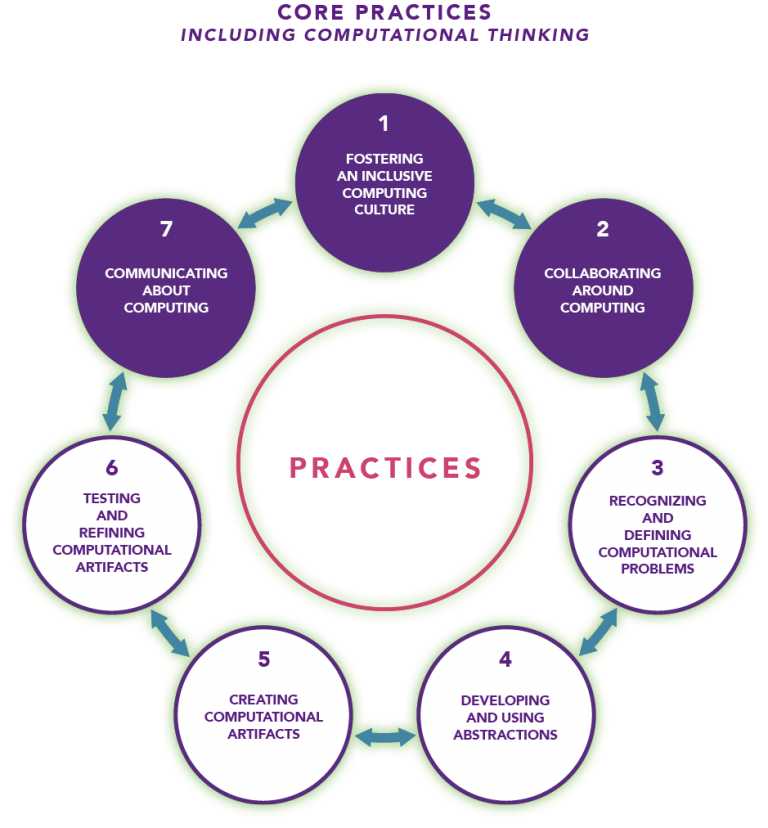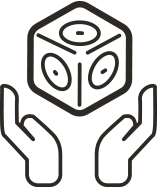“Focusing on student learning to use technology enables them to be consumers of technology. Teaching them how to create new technology enables them to be designers, innovators, and problem solvers.”
– Dr. Chris Stephenson, 2012 Executive Director of CSTA
Happy Computer Science Education Week!
Computer science is finally becoming a core component of a complete education in our 21st-century, digital world. According to CSTA (Computer Science Teachers Association), by 2022, 1.3 million jobs in computer and mathematical occupations will be created.
We are already well into the digital age, and yet an overwhelming majority of students are graduating their K-12 education without a complete computer science education. The students who are exposed to technology are often taught through the lens of consumers rather than creators and designers.
But just as basic economics and mathematical principles are included in a comprehensive education to provide students tools to make informed decisions and analyze the information around them, students ought to be introduced to how technology such as banking apps, messaging systems, and cloud storage actually work.
As reported by Miles Berry in CSTA’s “Voice” in 2016, England has already introduced computer science into its national curriculum. Through feedback from teachers, they determined the most effective computer science pedagogies.

In the same vein, CSTA revised their National Computer Science Standards in 2017 to include practices that mirror the findings in England:

Even students who are too young to have developed strong abstract reasoning can “code” with Cubelets blocks without needing to use a computer interface. Because Cubelets are designed with three types of blocks (SENSE, THINK, and ACT), students learn the importance of inputs and outputs, weighted averages, persevering through a rapid redesign process, and “making” towards a goal.
As students grow and become more complex computer scientists, introducing Cubelets Blockly is the next step. Blockly programming is very similar to Scratch programming, which even college students regularly use as their introduction into computer programming. The current Cubelets Blockly tutorials introduce concepts like variables, timing, loops, conditionals, and more.
Looking for some inspiration about what to build next with your Cubelets? Check out ModRobotics on Youtube or some Robot Recipes on ModRobotics.com!


